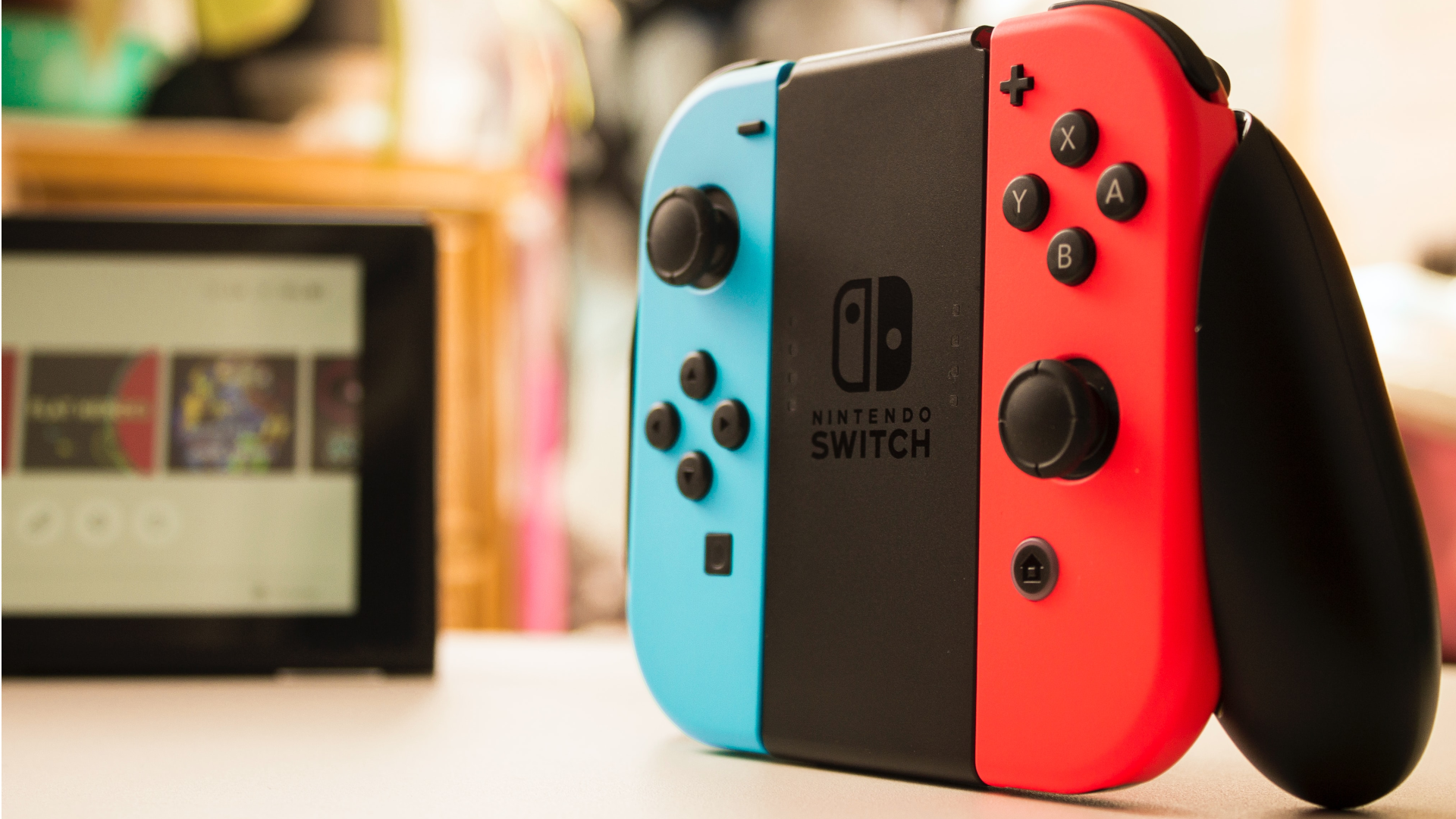
Gio Corsi, the former head of third party relations at PlayStation, has now joined Nintendo in a similar role ahead of its next hardware release.
As reported by Wccftech, Corsi announced via X / Twitter that he has joined Nintendo of America's "AAA 3rd Party Portfolio [management] crew." Corsi's key role will be to assist development teams in bringing their titles to Nintendo platforms. What's more, with Nintendo Switch 2 expected to launch in 2025, it's potentially a very well-timed hiring.
This week I began my new gig filled with fun & adventure! I’ve joined the @NintendoAmerica AAA 3rd Party Portfolio Mgmt crew to help great teams bring their amazing games to this legendary platform!On a personal note, Papa Mario is very proud!Here we go!!! pic.twitter.com/OnONcy33USApril 12, 2024
Full Corsi
While Corsi's name may not immediately jump off the page, his role in PlayStation history shouldn't be understated. A veritable champion of the PlayStation Vita, Corsi helped bring what would otherwise have been Japanese-exclusive Vita titles to Western audiences. And if you're a fan of Like A Dragon Gaiden: The Man Who Erased His Name and Like A Dragon: Infinite Wealth, you may have Corsi to thank as he was particularly keen on bolstering the series' popularity in the West after a slow start in its earlier days.
In any case, it's safe to say the hiring of Corsi will likely pan out to be a very valuable one for Nintendo. The general consensus on the Nintendo Switch 2, from what we've heard on the grapevine, is that it's likely to be a more powerful version of what we already have: a Nintendo Switch with welcome improvements to its specs.
This could open the doors for more third-party publishers to consider bringing their games to Nintendo's systems if the Switch's nature of being relatively underpowered can be addressed. And given Corsi's track record, we may also see a greater volume of Japanese titles reach our shores for wider audiences to enjoy.
Obviously, nothing's set in stone as of yet, but the hiring of Corsi does suggest that Nintendo wishes to make its hardware more appealing to AAA-focused developers like Ubisoft, Square Enix and Capcom.







